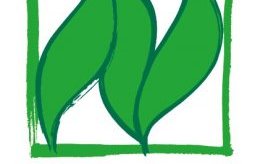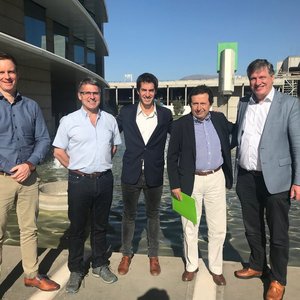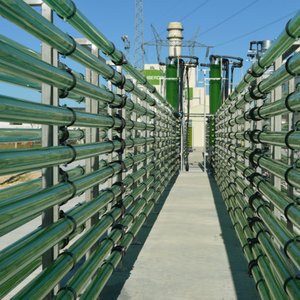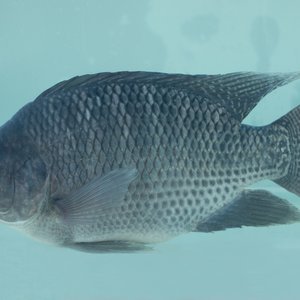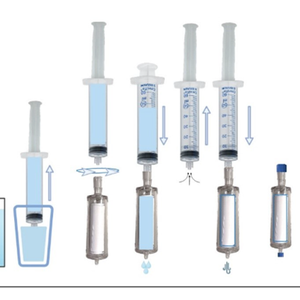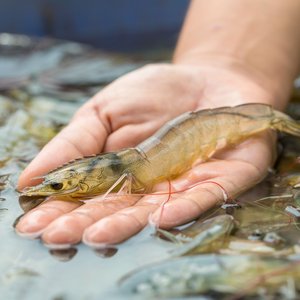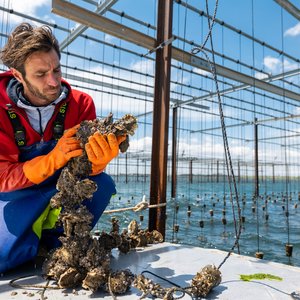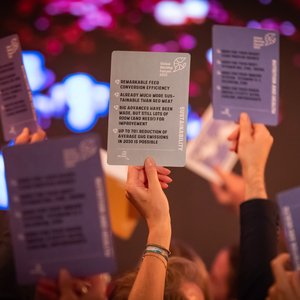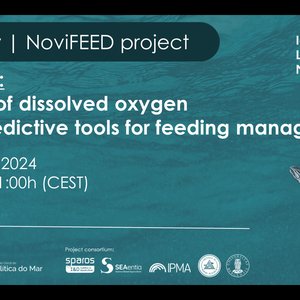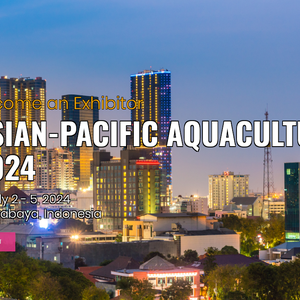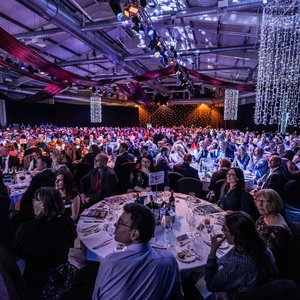BernAqua achieved the Naturland certification for its organic feed, becoming the first larval feed producer to achieve this certification for larval feed under 300 microns in fish and in shrimps. This adds up to the certification under (EC) 834/2007 and (EC) 889/2008 regulations that the company has recently obtained.
BernAqua becomes a key player on the organic segment producing fish and shrimp feed suitable for use in organic hatcheries with Naturland certification. The company previously earned the latest Belgian and European legislations and is strictly controlled by the Belgian Federal Agency for the Safety of the Food Chain (FAVV-AFSCA).
Every year multiple aquaculture businesses around the world decide to convert to organic production. BernAqua is the first company to introduce an organic feed for shrimp larval stages, Royal Caviar Nature and MeM Nature, as well as an organic feed of sizes below 300 µm for fish larvae, Caviar Nature and MeM Prime Nature, specifically used during the weaning and co-feeding stage.
“This new feed will significantly change the way organic fish and shrimp hatcheries operate. Until now, they did not have any similar product allowing them to organically grow fish and shrimp larvae,” says Patrick Waty, CEO of BernAqua. BernAqua is convinced that it is an important step towards a bright future of organic fish and shrimp farms. “We are proud that Bern Aqua is actively participating in this transformation,“ Patrick adds.
Organic production in aquaculture is a production model which supplies animals with specific environment requirements and attaches importance to human health without using any chemicals, pesticides or genetically modified products. Although this alternative production model constitutes only 0.1% of the world’s aquaculture production, it is one of the world’s fastest growing sectors.


